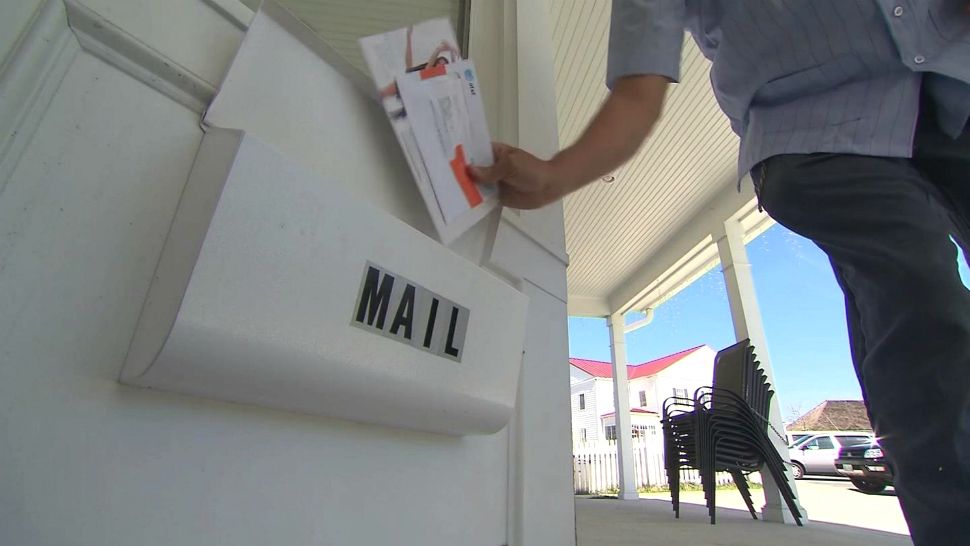The way John Tabak sees it, the postal service faces twin challenges: Long and short term issues that threaten the service's ability to get mail to where it has to go.
Tabak is the president of the American Postal Workers Union Local 390 in the Capital Region. The local covers workers in a bargaining unit that includes a range of jobs from mail sorting to janitorial work.
Absentee ballots, medicines and other important mail, he believes, will get to where it has to go.
"It should be emphasized the post office delivers about a half billion pieces of mail each day," Tabak said Thursday in an interview. "The addition of another 80 or 100 million ballots is not going to make much of a difference in terms of overall volume."
But his concern goes to the longer term for the postal service: A pre-funding requirement that has the Postal Service paying billions in benefit costs for future employees, a provision that pre-dates the Trump administration.
"We're the only service, the only federal agency, that's subject to that mandate. It's been very difficult for the Postal Service to meet that demand," he said.
And for now, no mail sorting machines in Tayback's region have been dismantled like in other parts of the country. It's not unusual for that to happen if there's a volume need in another facility, but removing those machines could slow service.
"These machines are tuned to process mail at the rate of 30 to 40,000 letters per hour," Tabak said. "So taking 671 of them out of service represents a huge blow of the postal service to process mail."
Postmaster General Louis DeJoy this week announced changes that could have led to delays in delivery would be put on hold until after the election.
While the funding fight has been politicized in a white-hot election season, the Postal Service cuts across ideologies, as rural voters rely heavily on it for last mile service private parcel companies do not deliver to.
The move was cheered by Republican former Rep. Claudia Tenney, a supporter of President Trump, who is running for the seat she lost in 2018 to Democratic Rep. Anthony Brindisi.
In a statement, Teneny called the Postal Service "a great equalizer" for small businesses.
“I have been a strong supporter of USPS through my life and in Congress," she said. "The Postal Service must survive, but to do that it must adapt. It will require additional investment and innovation to achieve greater sustainability and I am committed to ensuring it gets the resources it needs. I firmly believe the Post Office is both a Constitutionally-created and necessary service."
Blair Horner of the New York Public Interest Research Group says voters nervous that their ballots won't be counted can always deliver the ballots themselves.
"You can physically drop off your ballot after you receive at any local board of election office," Horner said. "You can physically do it yourself. Just cut out the postal service."
Gov. Andrew Cuomo earlier on Thursday approved a package of measures meant to expand access to absentee ballots, including requiring ballots that lack a postmark to be counted by local elections officials.
With so many voters casting absentee ballots this election year, it's unlikely the results will be known in many races until weeks after Election Day.



